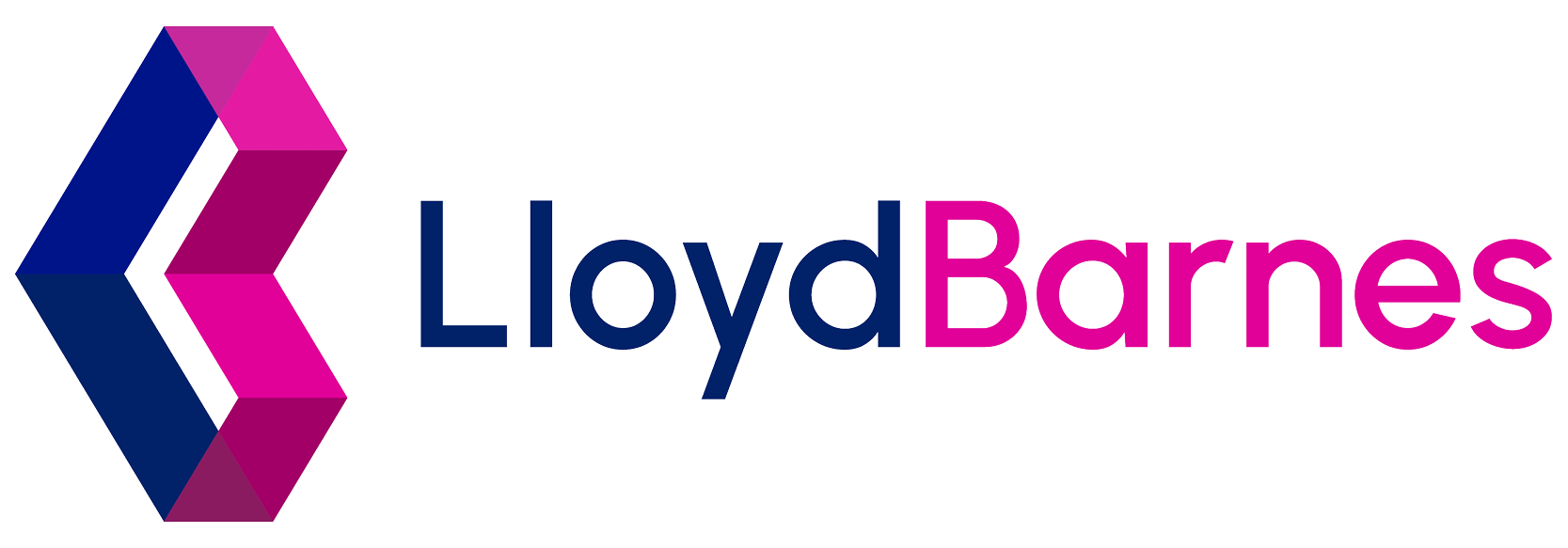I want a career in accountancy, but which qualification is right for me?
There is no “right” or “wrong” qualification to choose, but making a choice that suits you, can be the key to long-term success.
The qualification you choose will depend on what you ultimately want from your career in accountancy, where to start depends on your current experience and previous qualifications.

All trainees
Typically accountancy firms will have established training programs with recruitment intake at specific points in the year coinciding with the relevant qualification timetable.
Training with commercial businesses can include time off for study but more usually covers funding of online courses and exams, with time off allowed per exam.
If your employer has funded your training and you move between companies during or shortly after completing your training, you may be liable to reimburse them for all or part of your training costs. Check your contract!

AAT: Association of Accounting Technicians
AAT is valued by all organisations across accountancy firms, public sector, and commercial businesses. AAT qualifications and courses are designed to blend core skills with key finance knowledge, to give you essential business skills. They offer accounting qualifications or a shorter bookkeeping qualification.
Training: Online courses and classroom courses are available. There is no minimum qualification or experience required.
It is made up of three levels, L2, L3 & L4 each takes about a year to complete.
The bookkeeping course takes between 6 weeks to 6 months.
Website link: AAT - The Association for Accounting Technicians
The four key professional qualifications
There are four key professional qualifications that provide routes into the accounting world: the ACA, ACCA, CIMA and CIPFA All the qualifications are globally recognised and can take three to five years to complete. There are, however, some important differences between them.
ICAEW Chartered Accountants are the largest source of business advice in the UK. They undertake a large variety of work which can see them preparing financial statements and developing profit projections one day, and identifying strategic risks or advising on business improvements the next.
Training: All training must be completed within an accredited accountancy firm, and will include audit and taxation experience. ACA trainees enter into a training agreement with an employer who provide study support and mentoring. Consists of 3 levels, Certificate, Professional and Advances, a total of 15 exams & a minimum of 450 days of practical work experience. It will take around three years to complete.
Website link: ICAEW / ACA - The Institute of Chartered Accountants in England & Wales
ACCA, can take your career in any direction, advising governments, organisations, and regulators. ACCA promotes their members as forward-looking strategic thinkers with a unique blend of business and finance skills making them valuable commercial and strategic problem solvers.
Training: The ACCA can be studied whilst working within an accountancy firm, public sector body or commercial company. It comprises of 3 levels, Applied Knowledge, Applied Skills, Strategic professional, involves up to 13 exams (depending on exemptions), and three year’s work experience.
Website link: ACCA - Association for Chartered Certified Accountants
Management accountants analyse information to advise strategy and drive sustainable business success. Anyone can study the CIMA qualification, whether they are new to finance and business or an experienced professional.
Training: The CIMA qualification is not tied into a training agreement. There are 4 levels, entry point depends on previous experience or qualifications. CIMA Certificate in Business Accounting is an entry route to the professional qualification and takes 12-18 months. CIMA professional qualification involves 3 levels; Professional Operational, Professional Management, Professional Strategic and comprises of 12 exams and 3 case study exams. Takes minimum of 3 years to complete.
Website link: CIMA - Chartered Institute of Management Accountants
CIPFA members employed in central government departments, national audit agencies, local government, the health service and occasionally in some of the largest accountancy firms, and focuses on the effective management of public money.
Training: The CIPFA Professional Accountancy Qualification (PAQ) is completed in four stages, a certificate and three diplomas, culminating in the final Strategic Case Study module, and typically takes 3.5 years to complete.
Website Link: CIPFA - Chartered Institute for Public Finance & Accountancy
Training contracts:
- Typically, accountancy firms will have established training programs with recruitment intake at specific points in the year coinciding with the relevant qualification timetable.
- Training with commercial businesses can include time off for study but more usually covers funding of online courses and exams, with time off allowed per exam.
- If your employer has funded your training and you move between companies during or shortly after completing your training, you may be liable to reimburse them for all or part of your training costs. Check your contract!
